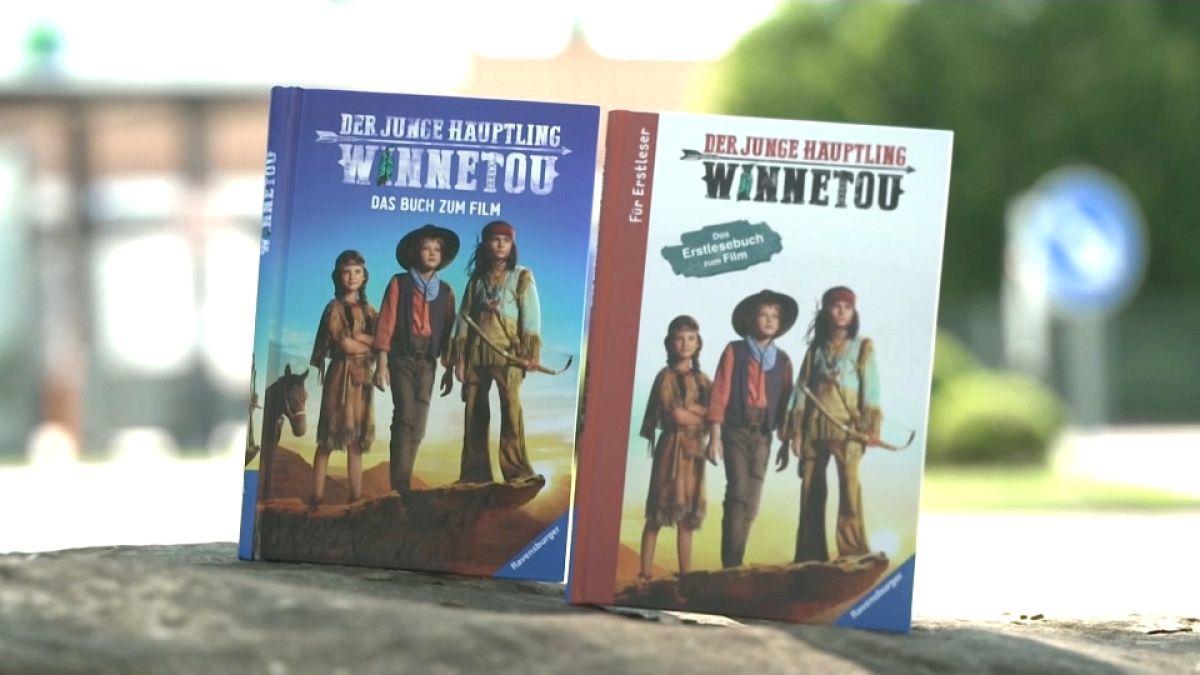Ravensburger has pulled books depicting Winnetou, a fictional Apache character, over accusations that the story reinforces racist and colonial stereotypes of Native Americans.
A German publisher has pulled two books about a beloved fictional character after receiving accusations of racism and cultural appropriation.
Before the decision, the books were supposed to be released alongside a new film entitled The Young Chieftain Winnetou, which hit theatres on 11 August.
The movie tells the story of Winnetou, a fictional Apache character first depicted in books by the German author Karl May in the mid-19th century.
Since its original creation, the character has reappeared in multiple movies and novels. In the most recent movie, white actors play all of the indigenous characters.
Since the recent film’s release, critics have argued that it reinforces racist and colonial stereotypes of Native Americans, and there have been calls for it to be removed from cinemas.
Ravensburger publishing house said it received a lot of negative feedback about the depiction of the main character.
It also explained its decision to pull the books by stating, "In view of the historical reality, the oppression of the indigenous population, a romanticized picture with many clichés is drawn here."
“Against this background, we as a publishing house do not want to repeat and spread trivializing clichés."
The Association of Native Americans in Germany welcomed the move, but there has also been a negative backlash to the decision. The tabloid Bild said the outcry was responsible for "burning the hero of our childhood at the stake".
For others, the books are no more fantastical than other children’s stories.
"I have nothing against unrealistic, fantastic stories being told in youth literature or children's and young adult literature,” said Susanne Schroeter, a professor of ethnology at Frankfurt University.
“In this case, it is exactly that: a glorified, embellished version of the life of the indigenous people of North America."
The film is still playing in Germany, but it was met with a mixed response from critics, with some calling it “backward-looking" and "no longer permissible in our time".
